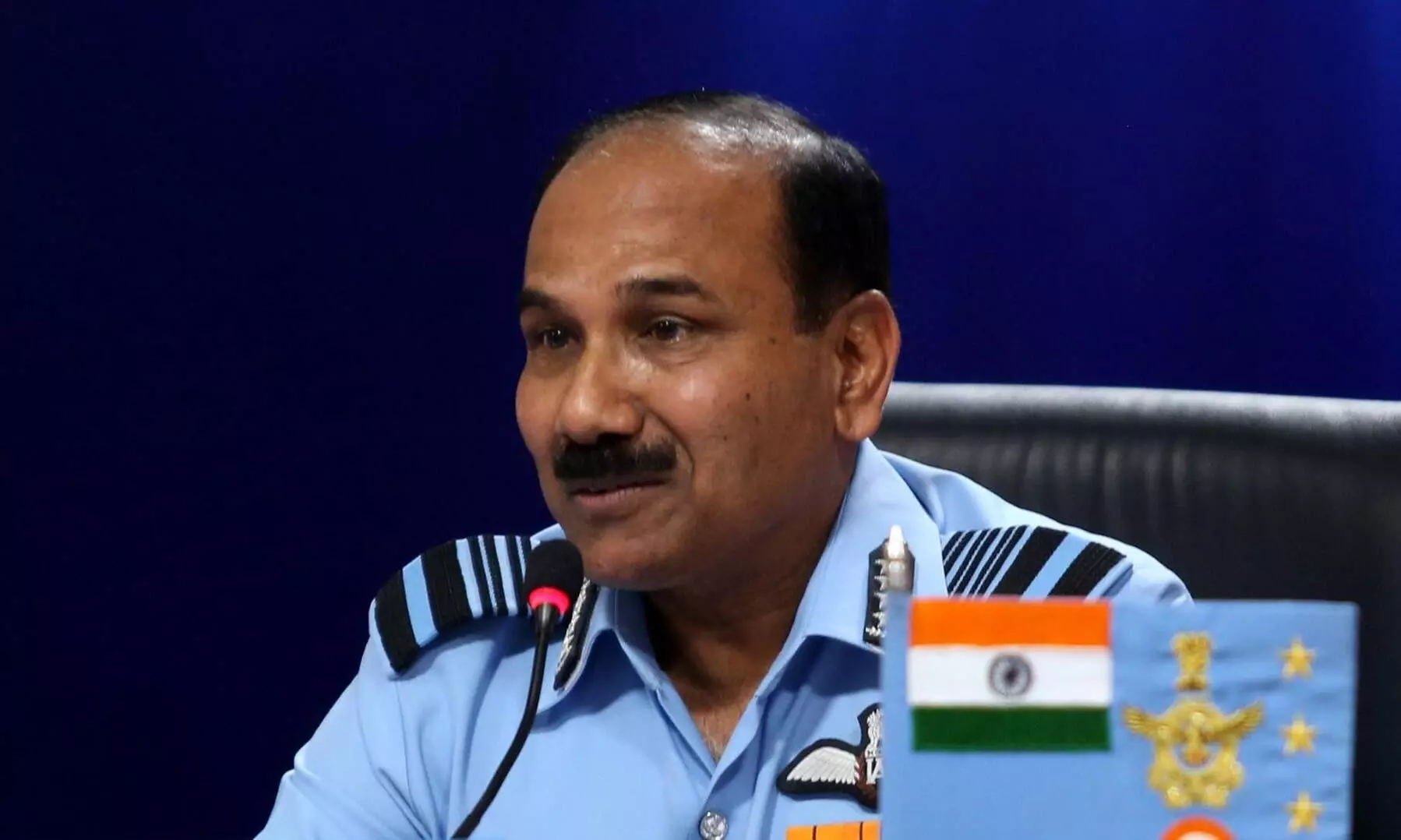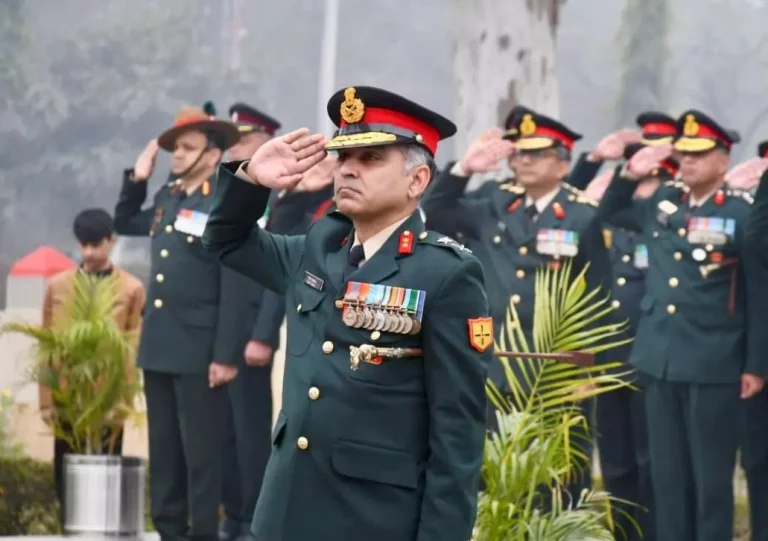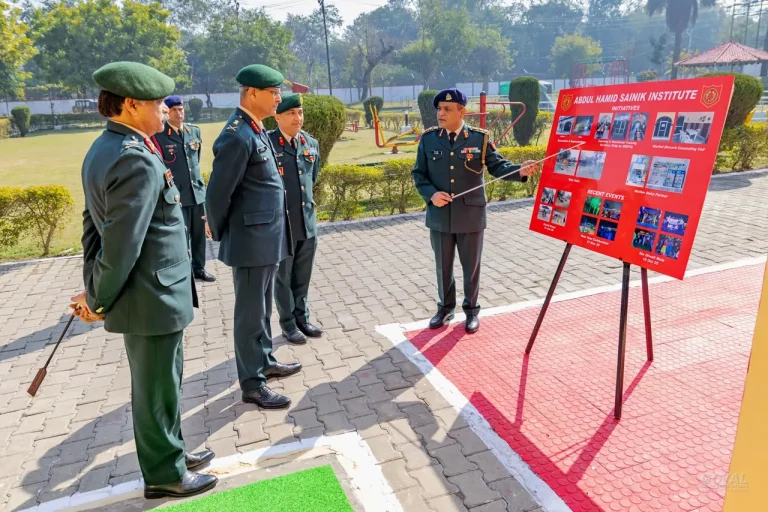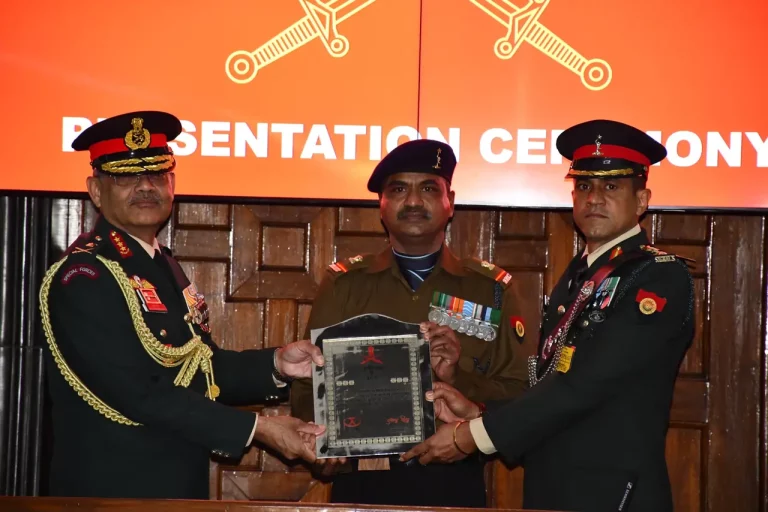In a recent discussion following the tragic Air India Boeing 787-8 Dreamliner crash near Ahmedabad on June 12, former Chief of Air Staff, Air Chief Marshal Arup Raha (Retired), provided insights into the likely causes of the disaster, which claimed the lives of 241 of the 242 individuals aboard and resulted in numerous casualties on the ground. This incident is now recognized as one of the deadliest aviation disasters in Indian history.
During an event organized by the Indian Chamber of Commerce, Raha emphasized the critical nature of engine performance during takeoff. He indicated that a probable engine power failure at this vital stage of flight left little room for corrective measures. “Definitely there was loss of power at a critical stage… you are transmitting from the ground into the air, your height is little. There is no time for recovery. And loss of engine power will result in a stall… (The aircraft) will then descend very rapidly and crash. And that is what has happened,” he explained.
Raha characterized the crash as “extremely sad and heart-breaking.” He explored various alternative possibilities for the crash, including software malfunctions, control system failures, and fuel contamination. However, he was quick to dismiss allegations of sabotage, which some observers had speculated following the incident. “There might be a software issue, some problem in the control (system), fuel contamination… But I do not give any credence to the sabotage angle,” Raha stated, urging the public to refrain from speculation until official findings are made public by the Directorate General of Civil Aviation (DGCA) and other relevant investigative bodies.
In addition to discussing the crash, Raha leveraged the platform to call for enhanced defense industrial capacity in India, particularly in the eastern and northeastern regions. He advocated for the establishment of a dedicated defense manufacturing corridor in eastern India, with a specific focus on states like West Bengal. “Such a corridor would empower local MSMEs, drive employment, spur technological progress, and strengthen national self-reliance,” he asserted, encouraging state governments to proactively seek support from the central government.







